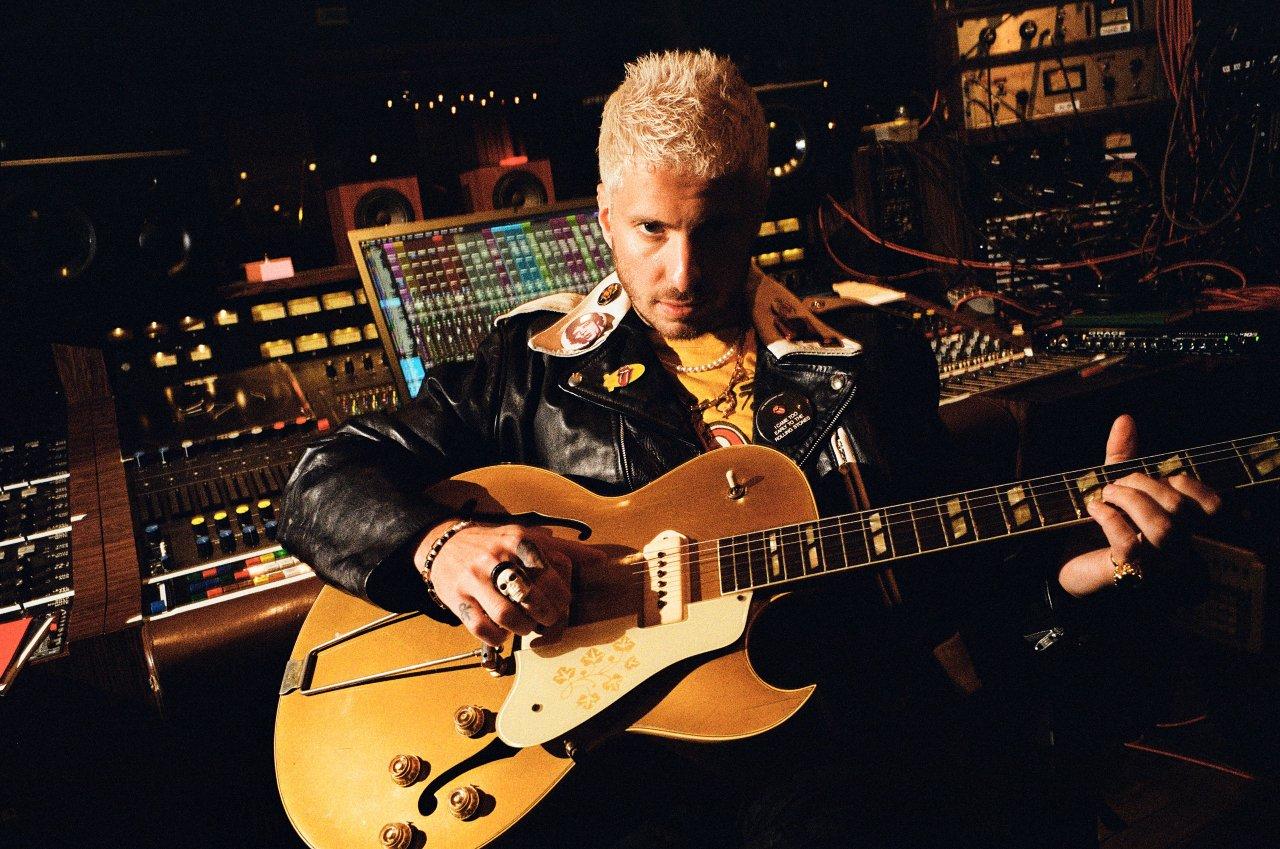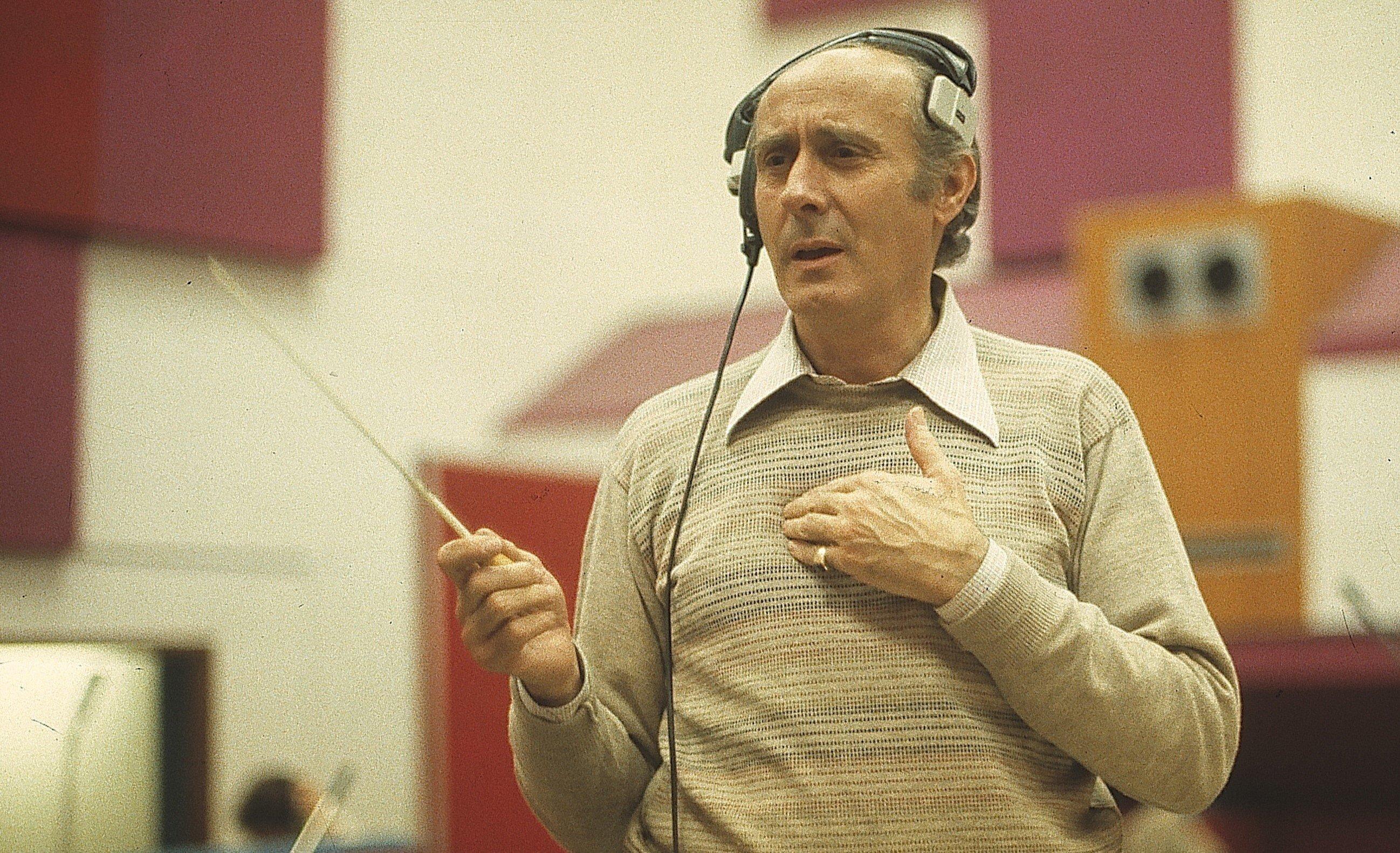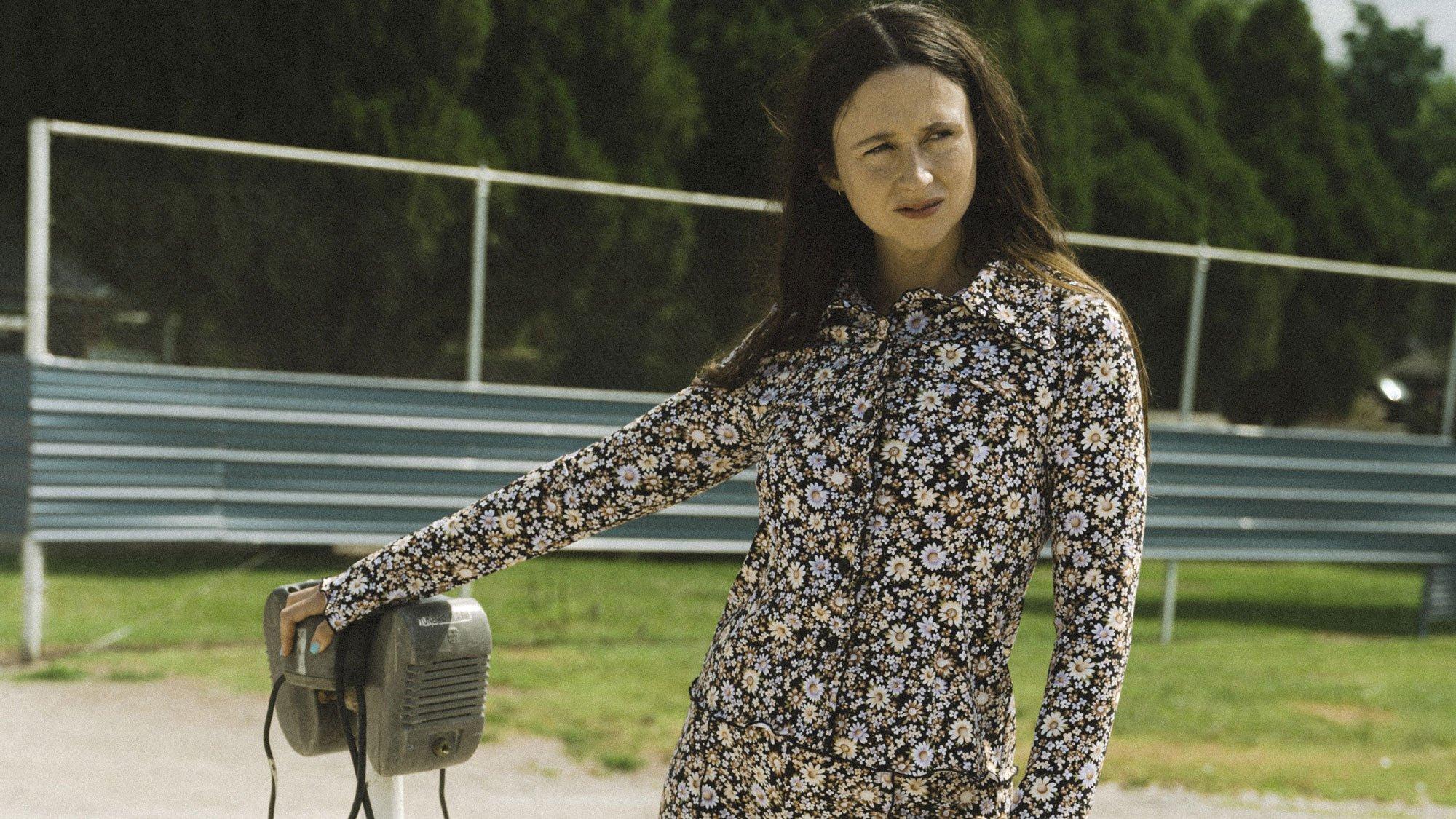It’s a special feeling, knowing you’re still getting better, 20 years into doing whatever it is you’re good at. “I identify my career as a bit of a slow burn,” says Katie Crutchfield, chatting from her home in Kansas City, Missouri.
Tigers Blood, Waxahatchee’s sixth LP, arrives March 22 on Anti- Records. It sounds earthy and time-tested, hugging the border of alt-country and indie-folk. Pedal steel and banjos are just as welcome as electric guitar. Lucinda Williams, Townes van Zandt, and Gillian Welch are its musical north stars. Lyrics evoke late-night banter with old, trusted friends, the small handful of people in this world you could say anything to.
Crutchfield has been writing songs for 20 years and, even as a teen, was perhaps the most respected voice in her Alabama punk scene. By the early 2010s, the same could be said of her place in DIY-minded rock, nationwide. Released March 27, 2020, Waxahatchee’s Saint Cloud, will be remembered as her breakthrough, though it certainly did not feel that way initially. For Crutchfield, the album still brings to mind bushels of COVID masks and days upon days spent indoors.
"There were phases of grief," Crutchfield says. "I was grieving the [canceled] tour, the normal experience of putting out a record. My therapist suggested I have a funeral for it." She says all this with a chuckle — one that comes easier after the success Saint Cloud eventually earned: a No. 1 on Billboard’s Heatseekers albums chart, significant radio play for the first time in her career, a spot at Newport Folk Festival once pandemic restrictions eased. “In hindsight, I know that record provided solace for a lot of people.”
Like Saint Cloud, Tigers Blood was produced by Brad Cook, an alt-rock standby whose production and co-writing work with Bon Iver earned him nominations for Album Of The Year and Record Of The Year at the 2020 GRAMMYs. "[Brad and I] developed this language and life philosophy as collaborators that I am not finished with," Crutchfield says.
Tigers Blood separates itself with one new, notable collaborator: singer/songwriter MJ Lenderman. Through his storytelling solo albums and cathartic guitarwork in the North Carolina band Wednesday, Lenderman, 25, is already a Gen Z indie rock icon. His contributions to Tigers Blood are subtle, but affecting: hazy backing vocals on the title track and "Right Back to It," artistry on his six-string that left Crutchfield in awe: "There are so many moments on [Tigers Blood] where I’m like, That’s the hookiest guitar part or solo. I never would have put it there without him."
Speaking with GRAMMY.com, Crutchfield looked back on how she arrived at Tigers Blood and the many stops along the way: showcasing her high school band for the guy who signed Nirvana, learning to re-embrace her Southern-ness, staying the course when you know, deep down, it’s the right thing to do.
For artists today, I feel there’s this pressure to be constantly reinventing yourself. Is this something you’ve noticed?
Contemporarily – maybe this is a thing in pop – there’s a real pressure to reinvent yourself on every record as you move through your career. I’ve certainly done that. And I’ve certainly felt that. Brad [Cook] and I had a conversation about this very thing: What is the next thing going to be? Should we pivot to a new style?
It really brought us to my heroes. None of them ever reinvented themselves. A lot of them worked with the same people. Tom Petty, for example, played with a lot of the same musicians for his entire career.
The confident choice is to retain some self-awareness about why people liked the last record, and to hang onto that. Then, to depend solely on the songs. Do whatever we can to elevate the songs.
How did Tigers Blood come together, compared to the last LP?
It came together quickly and a lot of it was on tour. I had a lot of writer’s block working on Saint Cloud. The narrative of that record was that I had just gotten sober. I was experiencing a lot of anxiety. A friend told me, “When you get sober, you’re not gonna recognize yourself.” That was really true. I was like a raw nerve. I kind of had to take a long time off from touring, to catch my breath and figure out what my life was going to look like. Throughout that 18-month period of time off, I slowly wrote [Saint Cloud].
I started writing the melodies for Tigers Blood right after we made Saint Cloud, and continued to for several years, as I worked on other projects like the [2022] Plains record [in collaboration with singer-songwriter Jess Williamson]. In the peak pandemic months I was stowing away melodies, like, I’ll come back to this. I finished all the Tigers Blood songs in about a six-month period, a lot of which was on the road. When I say I finished a song, it means I wrote all the lyrics.
*Releasing an album like Saint Cloud, I imagine you might be worried it would just be labeled as “the sober record.” Looking back at how well it was received, it feels like much more than that.*
I hope this doesn’t land wrong on music writers, but in a way it’s sort of easier for me when there’s a narrative. I think it’s sort of easier for everyone. Tigers Blood doesn’t have a clean-cut, neat little narrative. There’s a lot of things going on.
I was writing about a lot of different things on Saint Cloud, too, but [sobriety] was the headline, and it made life easier to have a headline. I always knew there was more going on than just sobriety. I don’t write lyrics in a way that’s very on-the-nose. Someone could maybe listen to that album and have no idea it’s about sobriety. There’s a couple love songs on that record: “The Eye” and “Can’t Do Much.” And “Lilacs” is about being in a bad mood. It’s not really about being sober.
If you don’t mind me asking, what made you want to get sober?
Everybody’s story is different. Mine isn’t particularly salacious. Over a decade, I had noticed that, for me, drinking had a weight to it that it didn’t have for everyone I knew…
I got sober when I was 29. I was getting a little bit older and my physical health was starting to catch up to me, and certainly my mental health [as well]. Some alarm bells were going off: I actually think the biggest issue in my life is drinking and if I cut that out, I’m curious if everything will balance out. And it really did.
In June, it’ll be six years since I quit. I definitely feel like a way different person now, but I don’t even remember how I felt six years ago. I can’t really remember myself as a drinker. A lot has changed in my life. I live in a different city. I have a lot of different people around me.
You’ve lived all over and it’s so intertwined with your music. Could you give me the whole story?
I grew up in Birmingham. When I was 19 or 20, I moved to Tuscaloosa, Alabama – my sister Allison was going to college there and our band P.S. Eliot existed there for a short time. Then she moved to Chattanooga, Tennessee and I moved back to Birmingham for a few years. Then we both moved to New York when we were 22. I’d made the first Waxahatchee record right before that and she had just started her band, Swearin’.
I tell you her story, too, because they’re so intertwined. We lived in New York for about 18 months. At the time, [Allison], her boyfriend, and my boyfriend were all in Swearin’. They [decided to] move to Philadelphia and I was kind of sad — I really wanted to stay in New York — but that was my family, so I was like, “I guess I’ll go with you guys, because I’d be alone here.” So I was in Philly for a few years, then I made my [2015] record Ivy Tripp while I was on Long Island for about a year. Then I moved back to Philly for three years, moved back to Birmingham briefly, and then to Kansas City, where I’ve been ever since.
You started playing in bands with your sister Allison when you were teenagers, 20 years ago. How has that shaped your relationship with her?
When she was in my band, it was tricky. Because we’re siblings, it’s crazy how boundaryless that relationship can be in a working setting. It was a little chaotic at times. But ultimately, really great. I’ve always kind of made my songs for myself, and Allison. That’s always been my prime audience: if we really like it, I usually trust the rest of the world might like it, too.
Now she’s such an important part of the people around me, guiding me. We’re in the best place we’ve ever been, even though she’s not in the room when I’m making the records.
From the outside, the trajectory of your career – to bigger stages, bigger record labels, etc. — seems like it’s gone at a nice, measured pace. Does it feel that way to you?
Yeah. I’m really grateful for the pace my career has gone at. I’ve seen things blow up overnight for some of my peers. As exciting as I’m sure that can be, I think it would be pretty disorienting. There have been moments in my life where if that had happened, I think I would have been completely swallowed up by it. I’m happy at this point in my life. For the most part, every door that opens up in my career, I’m ready to walk though it.
Are there any doors you’ve chosen not to go through over the years?
When I was in high school, my band performed at this showcase for Gary Gersh, who [famously signed Nirvana], this big time music biz guy. It was us and this other band in Birmingham, who were the two most popular younger indie rock bands in town. I don’t know if they got his attention, but we didn’t.
I look back on that, and that’s probably for the best. If I had gotten this hotshot L.A. manager when I was 16, my life could look really different. I could have maybe signed on for things that wouldn’t be reflective of the values I’ve developed. My songwriting voice had not really developed yet. It’s probably good I took the slow route.
If you’d been offered that management deal, what do you think you would have said?
We were pretty punk rock already. I can see us saying, “We don’t really want to do this.” Allison and I had pretty developed tastes for 16-year olds.
Collaborating with MJ Lenderman on this album – how did that come up?
I heard his music at South By Southwest. [My partner] Kevin [Morby] was playing South By, he was busy, and I was killing time. My sister Allison does A&R at Anti- [Records] now and my producer Brad Cook, they both texted me at the same time: “We’re gonna go see this guy, MJ Lenderman from North Carolina. Come meet us, you’re gonna love this.” I heard his voice outside the venue [and thought] “This is exactly what I like.” There were 12 people onstage, they had a pedal steel player. Everything I love.
Then, Brad and I were trying to figure out what we could do [for my next album] that would be different from Saint Cloud. So I threw it out to Brad: “Maybe we could get [MJ] in the mix.”… Brad invited him to the first session. The three of us had a blast. [MJ] played drums for a lot of it, and obviously guitar. When we tracked “Right Back to It,” that was a big turning point. Brad and I were like, “This is a great anchor for what this record should be.” And when [MJ] sang backup on it, it was all over. We had to have him be a big part of the record.
What grabs you about MJ Lenderman’s playing?
[MJ] is really into a lot of music I love, but wasn’t engaging with much at the time. Specifically Southern alternative rock from the ‘80s and ‘90s: Drive-By Truckers, Sparklehorse. Jason Molina is a big influence on him. And it really invigorated my love of R.E.M. It knocked out the cobwebs for me.
I knew he was a great guitar player, but I didn’t totally understand just how special and creative a guitar player he was until we were in a room together.
And MJ’s band, Wednesday – their 2023 album Rat Saw God already feels like a classic. What do you think of that album?
I spent a lot of time with it. It was one of my favorite records of last year.
I try not to go too hard with this to [Wednesday], but my sister Allison and I connect with what they’re doing because it reminds us so much of ourselves 10 years ago. Wednesday and MJ, they’re these intertwining creative forces. They’re young, they’re Southern. I think both Wednesday and MJ are making some pretty classic records that teenagers are gonna find for years to come.
Do you think there’s something unique about indie rock musicians who grew up in the South, around country music?
I grew up in the South and I’ve been on a journey with it. When I was younger, I lived in the Northeast and that was a big part of my identity — I really rejected country music. I did not think it was cool. Once I was able to come back around on that, not even wholeheartedly embracing being Southern, but accepting it as a part of my story, [the South] lent itself as a great backdrop for my songs.
Jeff Tweedy & Cheryl Pawelski Sit Down For "Up Close & Personal" Chat: 'Yankee Hotel Foxtrot,' Writing One Song & More




